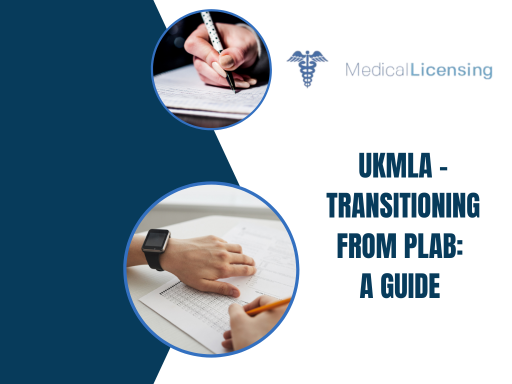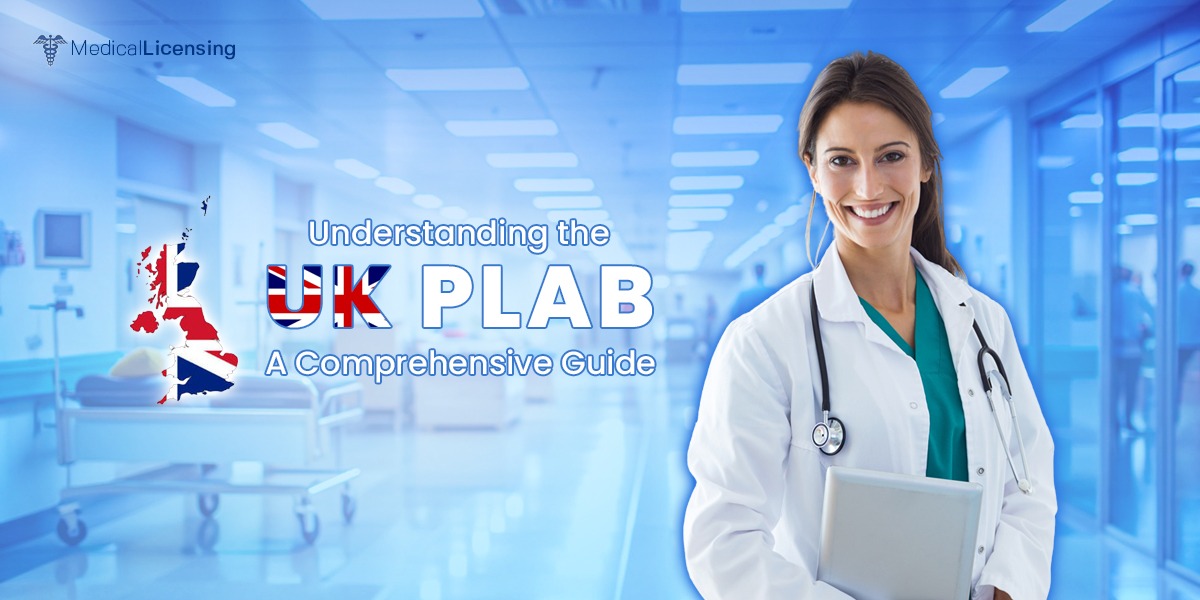The United Kingdom Medical Licensing Assessment (UKMLA) is set to replace the long-standing Professional and Linguistic Assessments Board (PLAB) tests for International Medical Graduates (IMGs) who aim to practice medicine in the UK.
As an International Medical Graduate (IMG) aspiring to practice medicine in the UK, navigating the transition from the Professional and Linguistic Assessments Board (PLAB) to the United Kingdom Medical Licensing Assessment (UKMLA) is a significant milestone. This guide aims to provide comprehensive insights and practical advice to help IMGs successfully transition to the UKMLA, ensuring a smooth and informed journey towards licensure and practice in the UK.
Understanding the UKMLA: A New Era in Medical Licensing
The UKMLA represents a transformative shift in the assessment of medical competence for both UK and international medical graduates. Designed to ensure consistent standards of medical practice and patient safety, the UKMLA assesses candidates' clinical knowledge, skills, and professionalism through a series of rigorous examinations.
Key Differences Between PLAB and UKMLA
While the PLAB and UKMLA share common objectives of assessing medical competence, there are notable differences between the two assessments. Understanding these differences is crucial for IMGs preparing to transition to the UKMLA, including changes in examination format, content, eligibility criteria, and scoring.
Preparing for the UKMLA: Strategies for Success
Preparing for the UKMLA requires diligent planning, focused study, and strategic preparation. IMGs should familiarize themselves with the UKMLA syllabus, examination blueprint, and assessment objectives to ensure comprehensive coverage of relevant topics. Additionally, leveraging resources such as preparatory courses, study materials, practice questions, and mock examinations can enhance preparation and confidence.
Navigating the Application Process
The application process for the UKMLA involves several steps, including registration, eligibility verification, examination booking, and submission of supporting documentation. IMGs should carefully review eligibility criteria, deadlines, and documentation requirements to ensure a smooth and successful application process.
Adapting to the UK Medical System
Transitioning to the UK medical system involves more than passing examinations; it requires acclimating to the cultural, professional, and regulatory norms of the UK healthcare environment. IMGs should familiarize themselves with the National Health Service (NHS) structure, clinical governance, patient safety standards, and professional expectations to facilitate seamless integration into the UK healthcare workforce.
Seeking Support and Guidance
Navigating the transition from PLAB to UKMLA can be challenging, but IMGs need not navigate this journey alone. Seeking support and guidance from mentors, colleagues, professional organizations, and online communities can provide valuable insights, advice, and encouragement throughout the process.
Embracing Continuous Learning and Growth
Successfully transitioning to the UKMLA is not the end of the journey but the beginning of a lifelong commitment to continuous learning, professional development, and excellence in medical practice. IMGs should embrace opportunities for further training, specialization, and advancement to thrive in their chosen field of medicine.




